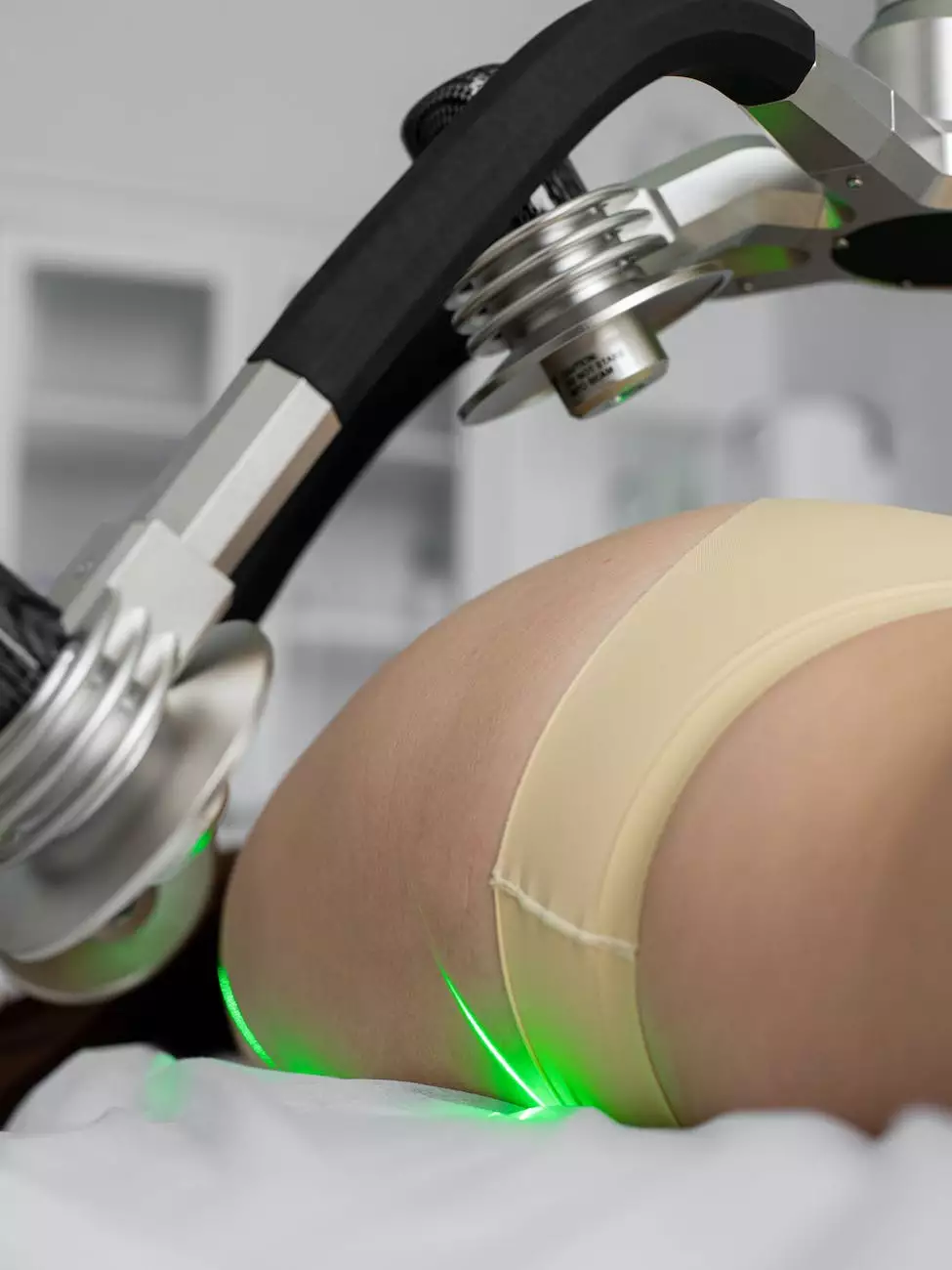What Is Malabsorption Syndrome And How Is It Treated?
Mental Health
Welcome to Minneapolis Weight Loss Doc, your trusted source for all your health needs. In this article, we will explore in depth the topic of malabsorption syndrome, its causes, symptoms, and the various treatment options available to manage this condition effectively.
Understanding Malabsorption Syndrome
Malabsorption syndrome is a disorder that affects the intestine's ability to absorb nutrients, vitamins, and minerals from food. It can lead to significant deficiencies in the body and cause various health complications if left untreated. The condition can affect both children and adults, and its causes can vary.
Causes of Malabsorption Syndrome
There are several underlying factors that can contribute to the development of malabsorption syndrome. These include:
- Intestinal Disorders: Conditions such as celiac disease, Crohn's disease, and lactose intolerance can impair the intestine's ability to absorb nutrients properly.
- Pancreatic Insufficiency: Insufficient production of digestive enzymes by the pancreas can hinder the breakdown and absorption of food.
- Bacterial Overgrowth: Overgrowth of bacteria in the small intestine can interfere with nutrient absorption.
- Surgical Removal of Intestine: Individuals who have undergone intestinal surgery may experience malabsorption due to the reduced surface area available for nutrient absorption.
Symptoms of Malabsorption Syndrome
The symptoms of malabsorption syndrome can vary depending on the severity and underlying cause. Some common symptoms include:
- Weight Loss: Unexplained weight loss despite consuming a normal or increased amount of food.
- Chronic Diarrhea: Frequent loose and watery stools that may be accompanied by abdominal pain and cramping.
- Abdominal Bloating: Excessive gas and bloating after meals.
- Fatigue and Weakness: Lack of energy, tiredness, and weakness.
- Deficiency-Related Symptoms: Symptoms associated with specific nutrient deficiencies, such as anemia (iron deficiency), bone pain (vitamin D and calcium deficiency), and neurological problems (vitamin B12 deficiency).
Diagnosis and Treatment
If you suspect you may have malabsorption syndrome, it is crucial to seek professional medical advice for an accurate diagnosis. A healthcare professional will conduct a thorough evaluation, which may include blood tests, stool tests, imaging studies, and other specialized tests.
The treatment approach for malabsorption syndrome depends on identifying and addressing the underlying cause. A personalized treatment plan may include:
- Dietary Modifications: Following a specially tailored diet that focuses on optimizing nutrient absorption and avoiding trigger foods.
- Supplemental Intake: Taking nutritional supplements to meet the body's requirements for vitamins, minerals, and other nutrients.
- Medications: Prescribing medications to manage symptoms and improve absorption.
- Treating Underlying Conditions: Addressing any underlying intestinal disorders or deficiencies through targeted therapies.
- Lifestyle Changes: Adopting healthy lifestyle habits, such as regular exercise and stress management, to promote overall well-being.
Minneapolis Weight Loss Doc is dedicated to providing comprehensive information and effective treatment options for malabsorption syndrome. Our team of medical professionals specializes in diagnosing and managing this condition, guiding patients towards better health outcomes.
Conclusion
Malabsorption syndrome can significantly impact one's quality of life if not properly addressed. By understanding the causes, recognizing the symptoms, and seeking appropriate medical care, individuals with malabsorption syndrome can effectively manage this condition and improve their overall health and well-being.
If you have concerns or would like to learn more about malabsorption syndrome, contact Minneapolis Weight Loss Doc today for expert guidance and personalized care.










